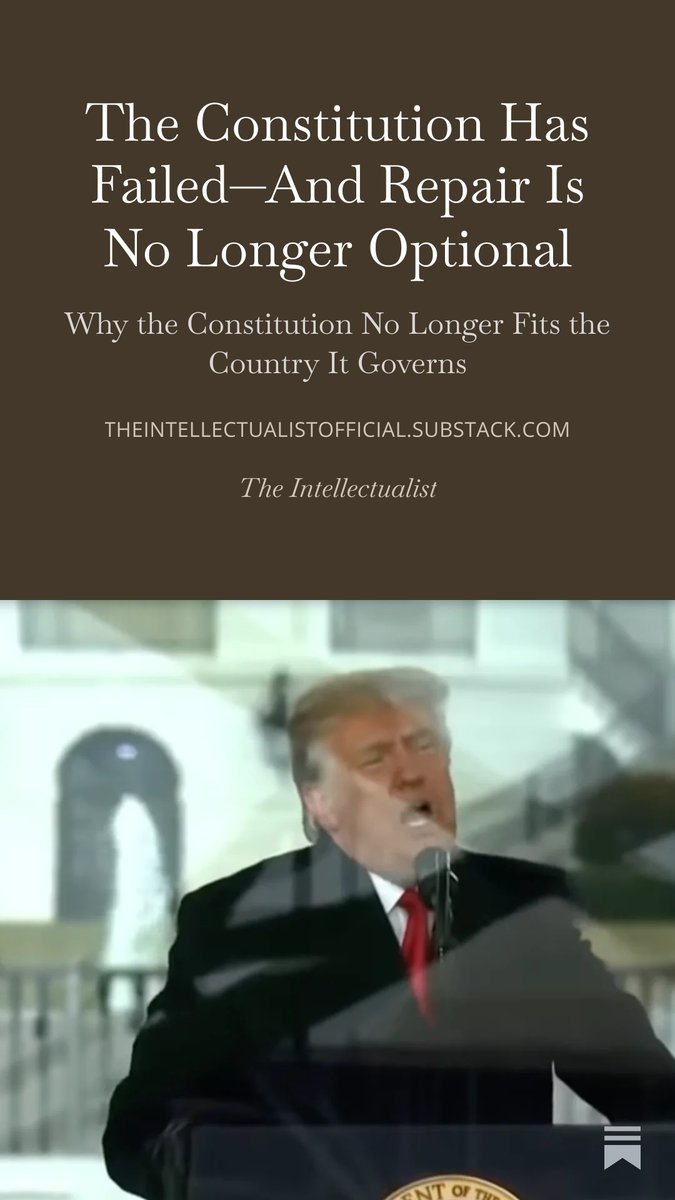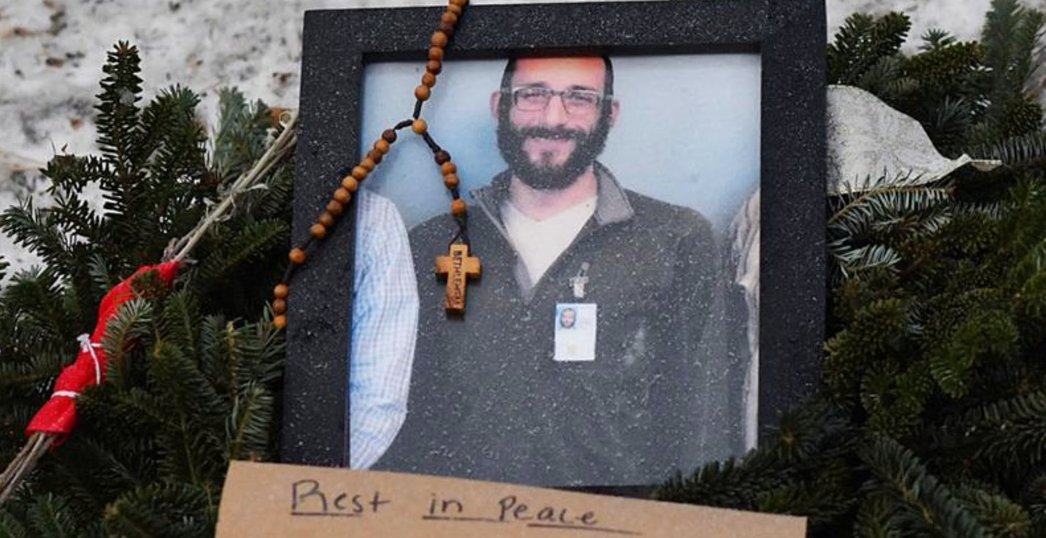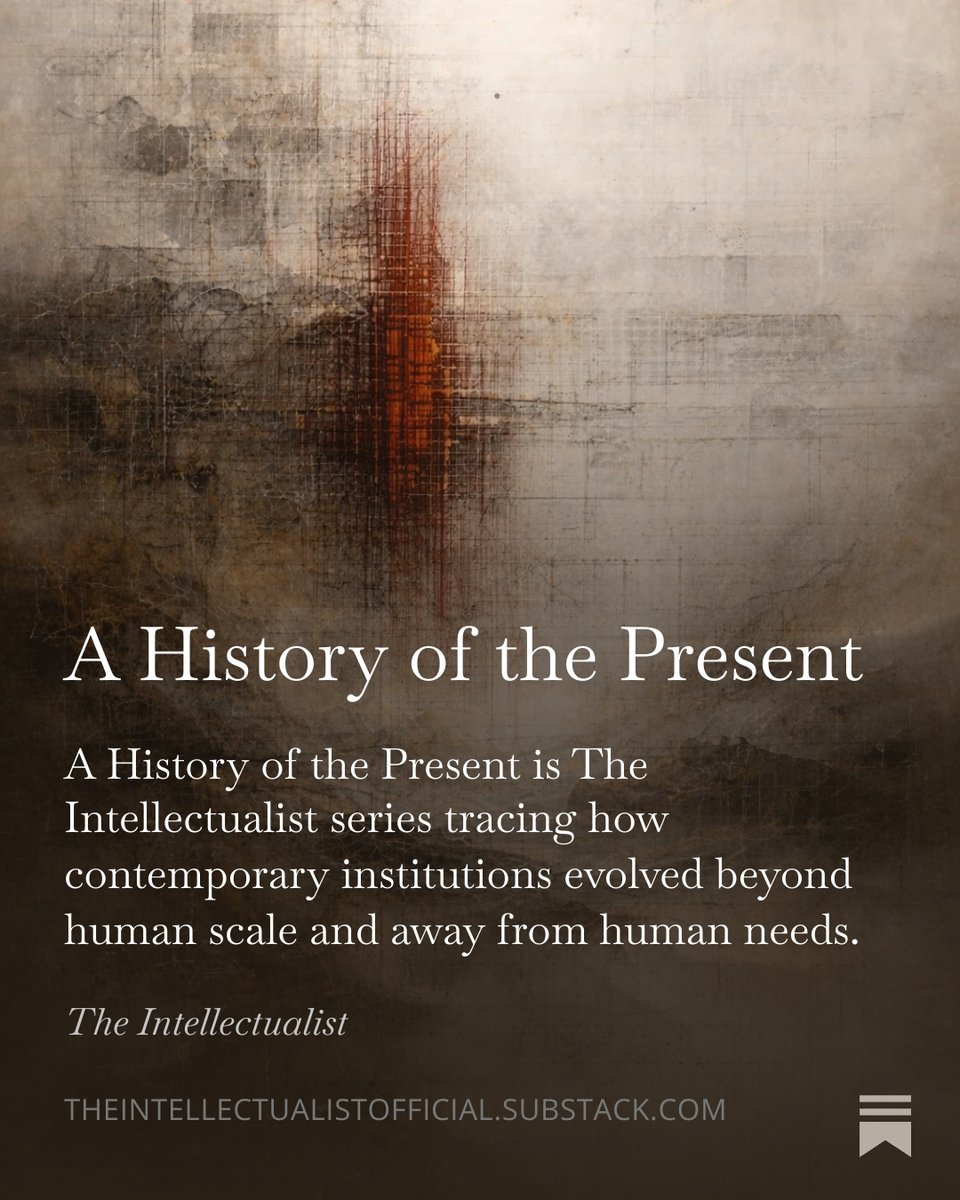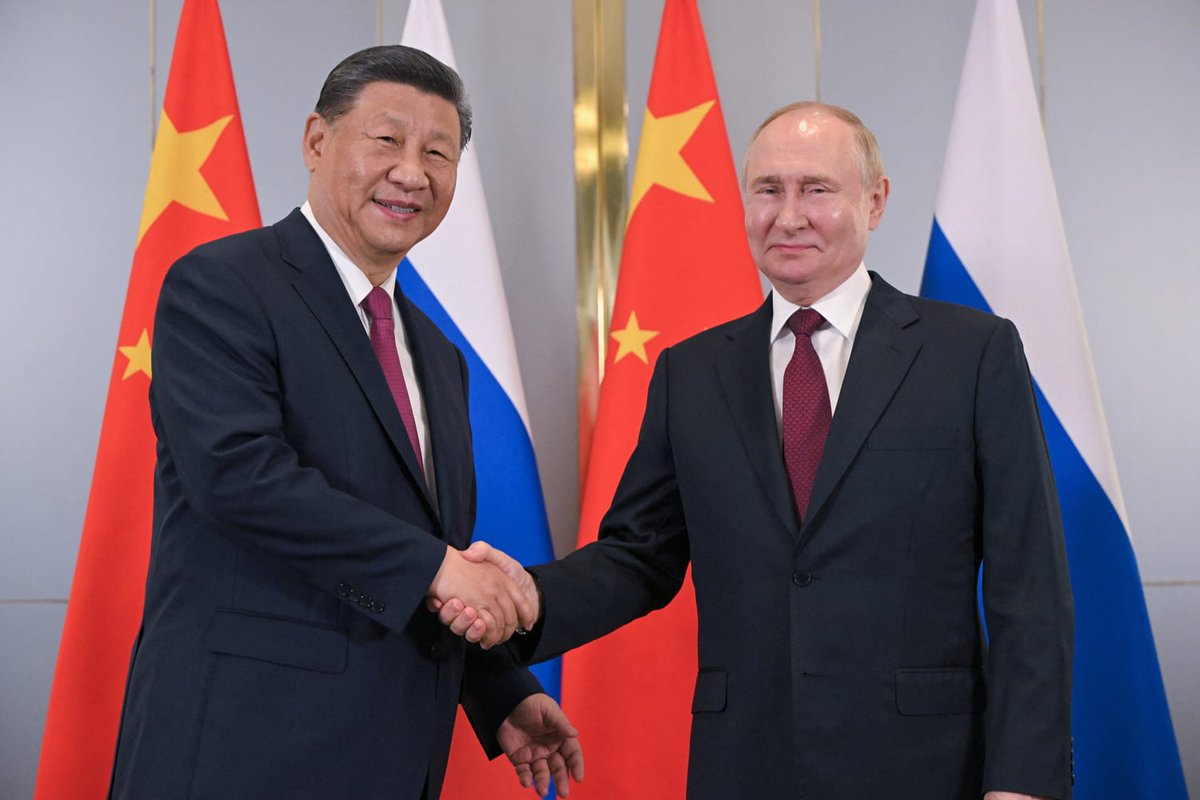1/10: This #Juneteenth, we confront a horrific but essential part of American history:
The brutal exploitation of enslaved Africans, whose unpaid labor fueled the rise of the United States as an economic powerhouse. #BlackHistoryIsAmericanHistory
The brutal exploitation of enslaved Africans, whose unpaid labor fueled the rise of the United States as an economic powerhouse. #BlackHistoryIsAmericanHistory

2/10: From the early 1600s, millions of African people were forcibly brought to the U.S. and exploited for their labor.
They were the engine that powered America’s rise as an agrarian economy, particularly in the South. #slavery
They were the engine that powered America’s rise as an agrarian economy, particularly in the South. #slavery

3/10: Enslaved Africans were integral to lucrative industries such as tobacco, indigo, and rice in the 17th & 18th centuries.
However, it was the cotton industry in the 19th century that turned the U.S. into an economic colossus. #EconomicHistory
However, it was the cotton industry in the 19th century that turned the U.S. into an economic colossus. #EconomicHistory

4/10: Cotton, “King Cotton,” was at the center of the booming textile industry, powering industrial growth not only in the South, but in the North and even across the Atlantic. 

5/10: This brutal system of slavery created wealth for plantation owners, industry magnates, and financial institutions.
Much of America’s early economic growth and industrial power can be traced back to the labor of the enslaved.
#BlackHistoryIsAmericanHistory
Much of America’s early economic growth and industrial power can be traced back to the labor of the enslaved.
#BlackHistoryIsAmericanHistory

6/10: Despite the profound contributions of enslaved Africans, the narrative is often excluded or diminished in our history education. 



7/10: Recognizing this truth is more than a nod to historical accuracy.
It’s about acknowledging a historical debt owed to the enslaved and their descendants.
It’s about acknowledging a historical debt owed to the enslaved and their descendants.

8/10: This #Juneteenth, as we celebrate the end of slavery, we must also remember its economic legacy.
news.asu.edu/thought-huddle…
news.asu.edu/thought-huddle…

9/10: This recognition is not just about honoring the past, but about informing the present.
To build a just and equitable future, we must understand and confront the historical injustices that have shaped our society and economy. #TruthTelling
To build a just and equitable future, we must understand and confront the historical injustices that have shaped our society and economy. #TruthTelling

10/10: As we honor Juneteenth, let’s not just celebrate freedom, but also commit to enlightening ourselves and others about the full, unvarnished history of our nation.
Together, we can work towards a future that truly acknowledges and values all of its past. #HappyJuneteenth… twitter.com/i/web/status/1…
Together, we can work towards a future that truly acknowledges and values all of its past. #HappyJuneteenth… twitter.com/i/web/status/1…

If you’re not following us, please do. We appreciate it. Thank you.
• • •
Missing some Tweet in this thread? You can try to
force a refresh






















